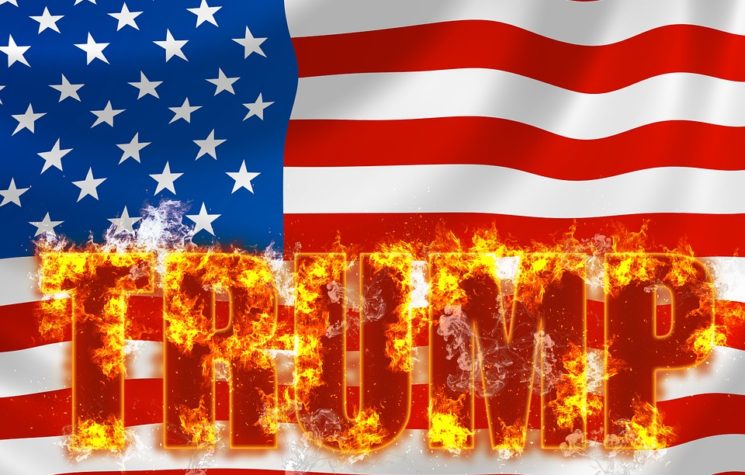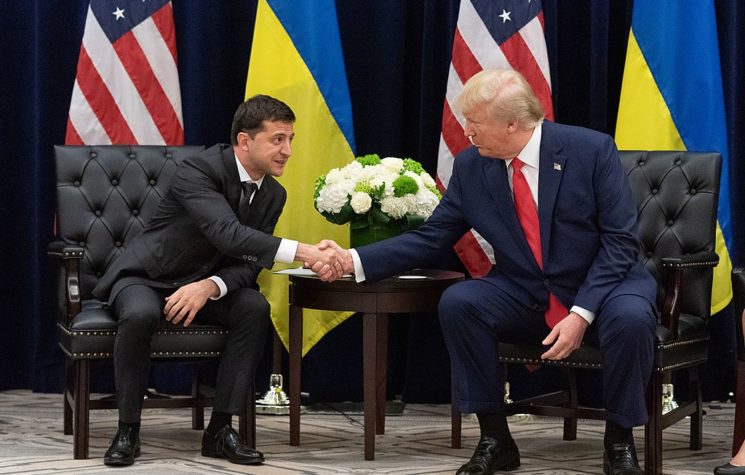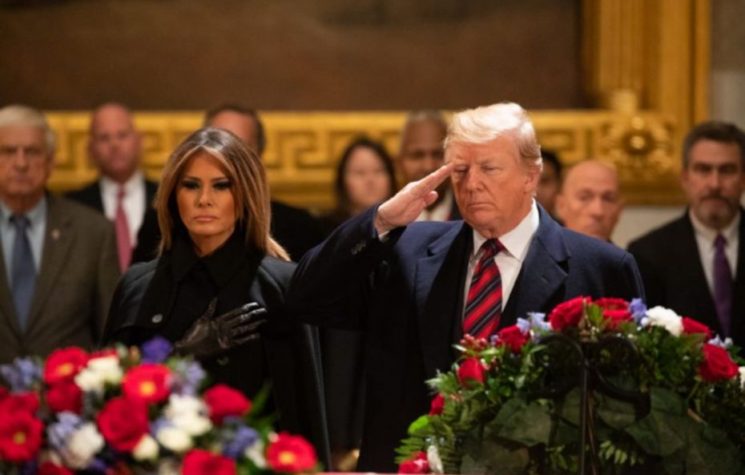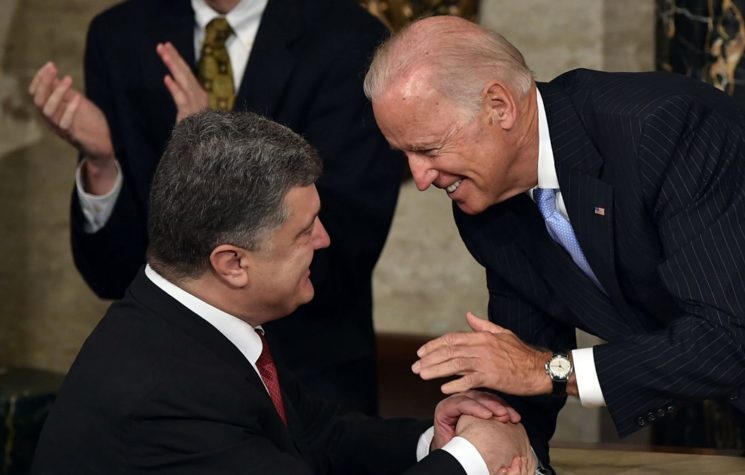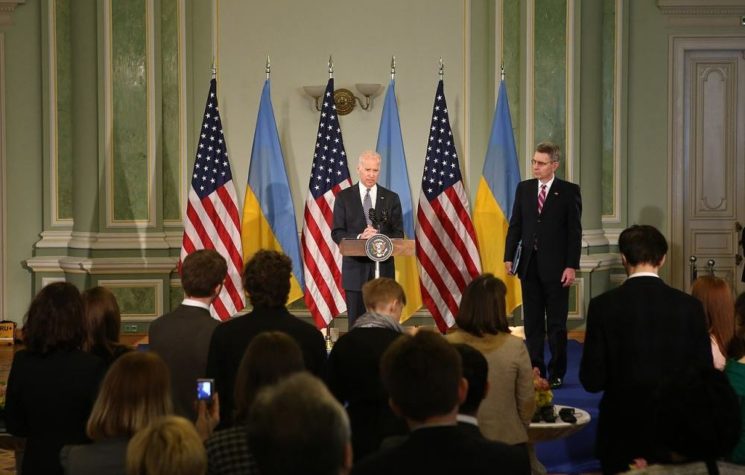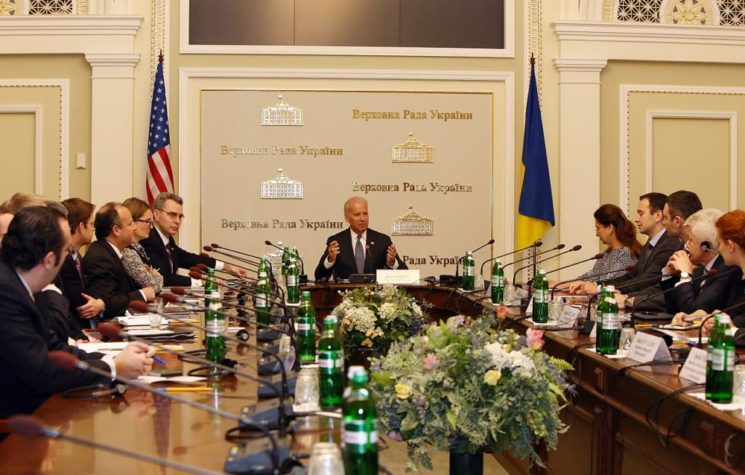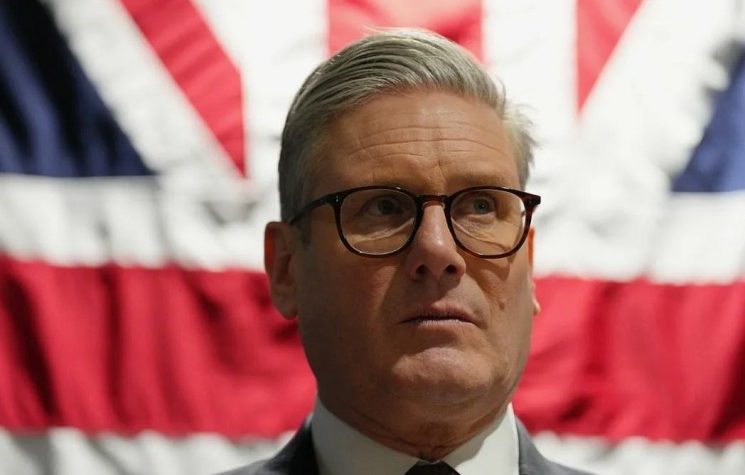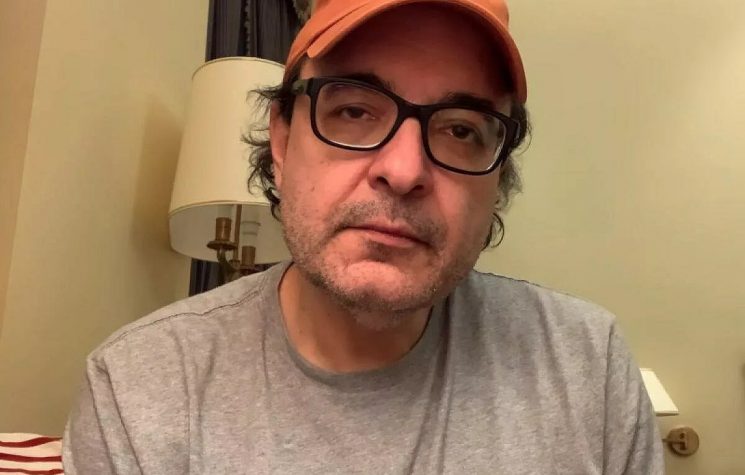Last week’s impeachment headlines show why. If all you read is the New York Times, you’d think that the dump-Trump movement was going swimmingly. On Tuesday, Oct. 29, it announced that Congressman Adam Schiff, the Democrat leading the impeachment charge, had landed a key witness, a decorated army officer willing to testify that Trump’s July 25 phone call with Ukrainian President Volodymyr Zelensky was “so damaging to American interests that he reported it to a superior.” Two days later, the Times dropped another bombshell, the news that neocon regime-change advocate John Bolton, furious at Trump for firing him as national security adviser two months ago, might testify as well.
“Many Democrats regard Mr. Bolton as the perfect witness,” it said, “a respected conservative national security hawk who was nonetheless incensed by the how the president and his inner circle were treating Ukraine, and who broke sharply with the president upon his departure from the White House.”
Finally, another epic disclosure came on Friday. Yet another National Security Council official, the Times said, had “confirmed a key episode at the center of the impeachment inquiry, testifying that a top diplomat working with President Trump told him that a package of military assistance for Ukraine would not be released until the country committed to investigations the president sought.”
Wow! Two star witnesses plus confirmation, even if only second hand, that the president was guilty of a quid pro quo. Send up the flares — impeachment was on the way.
Except that it wasn’t. The Times was only telling half the story while trying desperately to keep the other half, far less favorable to the Democrats, under wraps.
Take the Oct. 29 article announcing Schiff dramatic new witness, a National Security Council staffer named Alexander S. Vindman. Deep inside was a curious tidbit:
“Because he emigrated from Ukraine along with his family when he was a child and is fluent in Ukrainian and Russian, Ukrainian officials sought advice from him about how to deal with [Trump attorney Rudy] Giuliani, though they typically communicated in English.”
The Times began to hem and haw as soon as conservatives seized on the item. “We have a US national security official who is advising Ukraine while working inside the White House, apparently against the president’s interest,” laughed Fox News host Laura Ingraham. “And, usually, they spoke in English. Isn’t that kind of an interesting angle on this story?” When rightwing internet activist Jack Posobiec tweeted that Vindman was trying “to counter President Trump’s foreign policy goals” and then cited the Times as the source, the paper declared huffily that, “in fact, the Times reported no such thing.”
But it did. Indeed, a subsequent Times piece was even more explicit. “During a May meeting in Ukraine to mark Mr. Zelensky’s inauguration,” it said, “the colonel advised him to try to avoid becoming ensnared in politics in the United States” by stonewalling Trump’s request for an investigation into corruption and Ukrainian interference in the 2016 election.
If this wasn’t counseling a foreign government about how to counter White House policy, then what is? As the always provocative Moon of Alabama website pointed out, Vindman’s statement to Schiff’s House Intelligence Committee, conveniently leaked to the press, was revealing in other ways as well,.
“[A] strong and independent Ukraine,” it said, “is critical to US national security interests because Ukraine is a frontline state and a bulwark against Russian aggression.… The US government policy community’s view is that the election of President Volodymyr Zelensky and the promise of reforms to eliminate corruption will lock in Ukraine’s Western-leaning trajectory, and allow Ukraine to realize its dream of a vibrant democracy and economic prosperity.” But, it continued, “outside influencers [are] promoting a false narrative of Ukraine inconsistent with the consensus views of the interagency.”
References to a US government policy community should have raised all sorts of alarms. After all, what is such a community and who on earth appointed it? Who gets to decide what the consensus view is? How do we know outside influencers are promoting a false narrative – because the consensus says so?
What Vindman doesn’t understand is that in order to set policy, you’ve got to get elected, something Trump is – if only by the Electoral College – and something that self-appointed foreign-policy experts are not. Trump can seek policy advice from whatever source he wants, and it’s not up to some NSC flunky to tell him otherwise.
The other big news that the Times managed to ignore last week was the disclosure that the whistleblower who kicked off the furor over the Trump-Zelensky phone call is a 33-year-old CIA agent named Eric Chiaramella, an Obama holdover who advised Joe Biden on the Ukraine and who worked with a Democratic operative named Alexandra Chalupa, whose job was to meet with Ukrainian officials and dig up dirt on Trump.
Paul Sperry’s report in RealClearInvestigations.com – which Chiaramella’s attorneys have so far failed to deny – is a big deal because of what it says about the infighting between Trump and Obama loyalists that is now tearing Washington apart. Chiaramella also turns out to be a member of Washington’s self-appointed policy community who thinks that Trump’s job is to do as he’s told. As an unnamed White House official told Sperry:
“My recollection of Eric is that he was very smart and very passionate, particularly about Ukraine and Russia. That was his thing – Ukraine. He didn’t exactly hide his passion with respect to what he thought was the right thing to do with Ukraine and Russia, and his views were at odds with the president’s policies.”
So Chiaramella reported his findings to Adam Schiff, who agreed right off the bat to prosecute the president for daring to set a new course. This is what impeachment is about, not high crimes and misdemeanors, but who lost the Ukraine – plus Syria, Libya, Yemen, and other countries that the Obama administration succeeded in destroying – and why Trump should pay the supreme penalty for suggesting that Democrats are in any way to blame.
Of course, the Times is to blame as well. It twisted the news so as to cheer on such misbegotten policies just as it cheered on the twin invasions of Afghanistan and Iraq a dozen years or so earlier. This is why it’s furious with Trump for holding Democrats to account and why it now fills its pages with endless blather about quid pro quo’s just as it once did about Russian collusion.
But it won’t work. The only thing Democrats will succeed in impeaching is their own integrity.








